(2) Sizes (L*H*W): 74*60*98 cm
(3) Weight: 43 kgs
(4) Voltage: 110V~120V, 220V~240V
(5) Frequency: 50Hz–60Hz
Temperature: 37.5 ~ 38°C
Humidity: 60 ~ 70%
Egg Turning Angle: 90°
Egg Turning Cycle: 2 hours
Cooling Ventilation Cycle: 2 hours
Technology Parameters of Solar Egg Incubator
| Appearance | Color structure of aluminum alloy plate Hemming |
| Temperature display range | 5–50°C |
| Hatching rate | ≥95% |
| Temperature measurement accuracy | ±0.1°C |
| Temperature control accuracy | ≤±0.1°C |
| Humidity display range | 0–99%RH |
| Humidity precision control | ±5%RH |
| Output approach | (Medium) 4 (temperature control, left-over eggs, right over the egg, alarm) |
| (High) 7 Road, (over-temperature, temperature control, low temperature, humidity control, left-over eggs, right over the egg, alarm) | |
| Output current | Temperature Control 220V 10A, the other 200V 1A |
| Over egg cycle | 0.1–99.9 hour (Factory settings 1.5 hour) |
| Eggs over time | 1–255 seconds adjustable (factory set to 180 seconds) |
| Doubled the number of eggs | Maximum record 999 times |
| Ventilation cycle | 5–999 minutes (adjustable, factory 0 hours, non-ventilation) |
| Ventilation time | 0–999 seconds (adjustable, factory 30 seconds) |
| Measurement of the line is long | 1.5M |
| Operating voltage | AC180V–240V, 50Hz |
| Relative humidity | Less than 85% |
| Ambient temperature | -10°C–40°C |
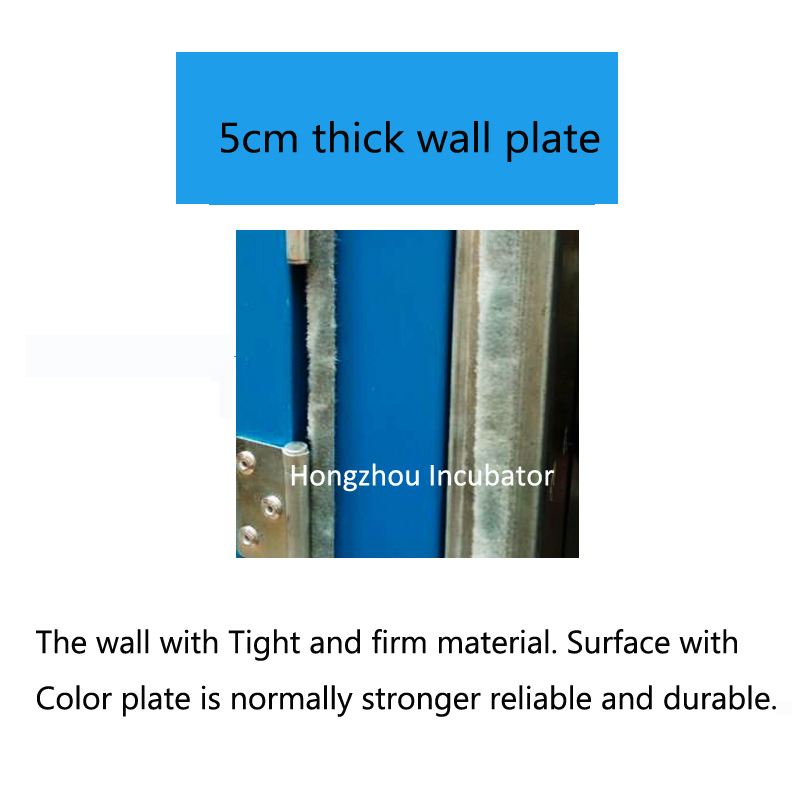
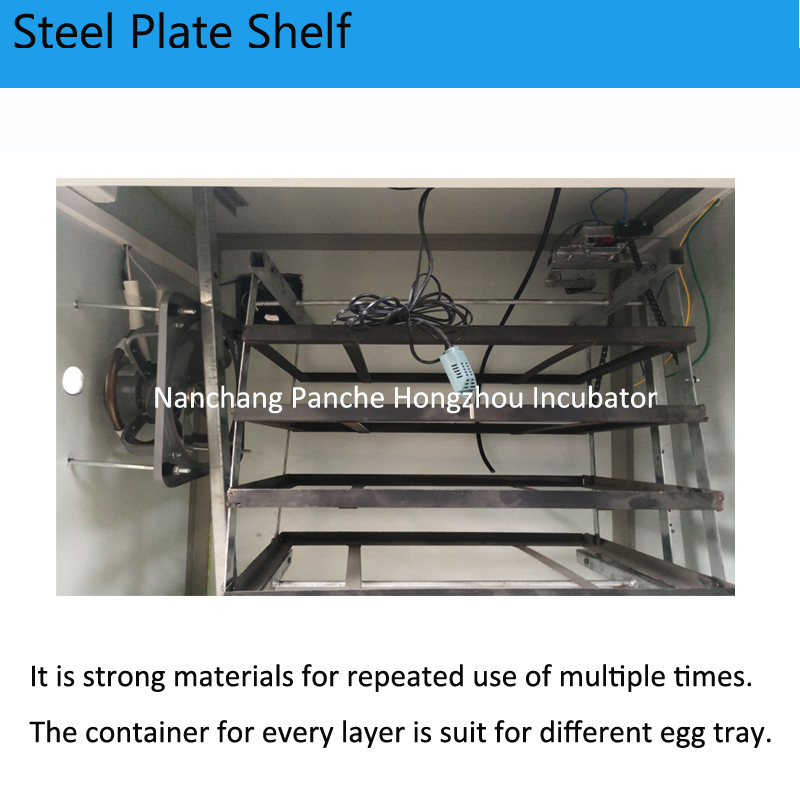
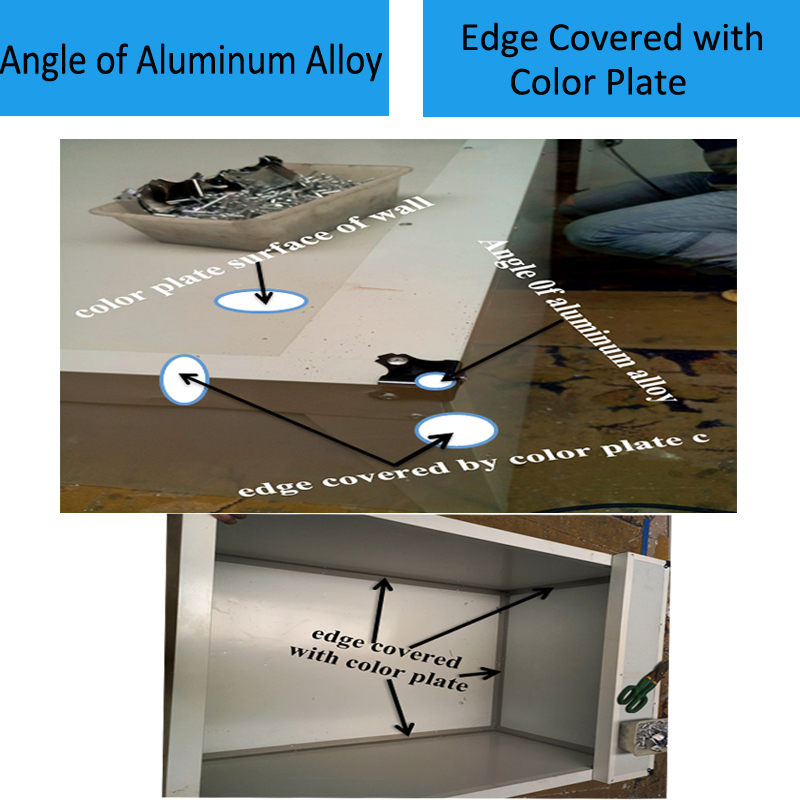
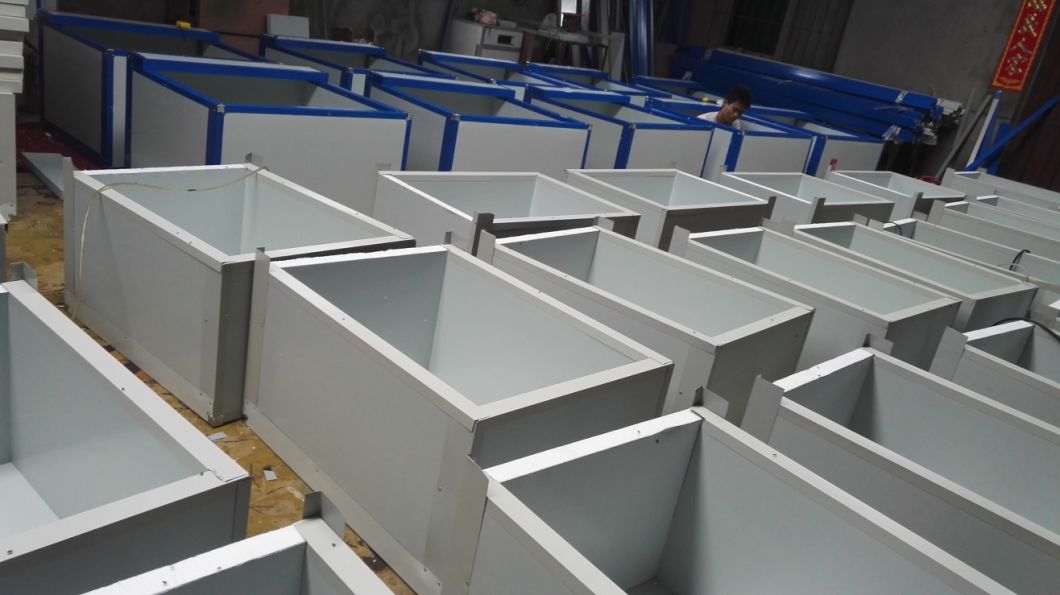
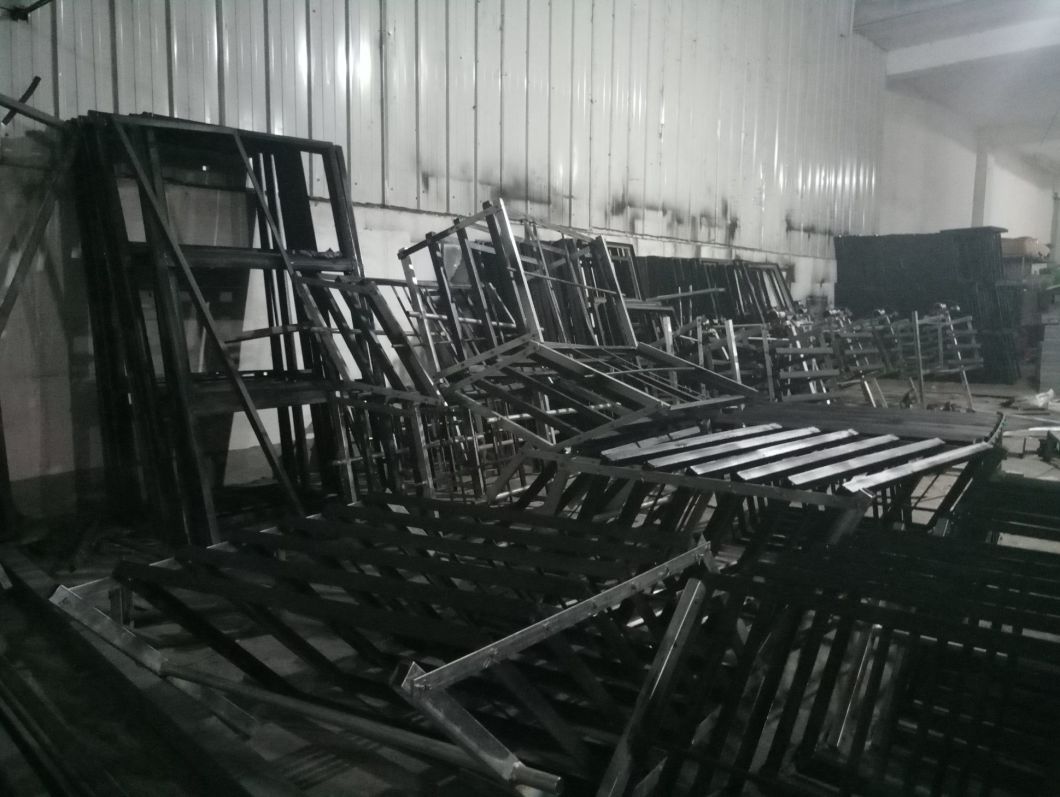
Trade Patterns for Solar Egg Incubator
1. Delivery Way: You can choose sea, air, or express delivery. We deliver the product to your port, and you take the related documents to do customs clearance.
2. If the volume is less than 1CBM, you can choose express delivery. You just need to handle the customs clearance, and the machine will be delivered directly to your door.
Type of egg tray for Solar Egg Incubator
Stable, reliable, and durable plastic egg trays that are replaceable. The incubator can hatch various types of eggs by using different egg trays. After 18 days of incubation, the eggs may begin to break, and chicks will start to emerge. At this point, you should stop turning the eggs and place them into the hatching basket.
Service of Solar Egg Incubator
1. 5 years of experience in hatch equipment
2. Reliable quality and long-lasting durability
3. Customizable options available
4. Timely delivery
5. Tested before shipping
6. Available from 7-33792 egg incubators and plucker machines.
Auxiliary agents, also known as additives, are substances that are added to a material to improve or modify its properties. In the field of polymers, auxiliary agents are commonly used to enhance the processing, performance, and durability of polymer materials.
There are several types of auxiliary agents, each with its own unique properties and applications. The most common type is processing aids, which are added to polymer materials to improve their flow and moldability during processing. Processing aids can improve the surface finish of the final product and reduce the amount of energy required during processing.
Another type of auxiliary agent is plasticizers, which are added to polymer materials to increase their flexibility and reduce their brittleness. Plasticizers can improve the toughness and impact resistance of the final product and are commonly used in the production of flexible PVC products, such as hoses and films.
Other types of auxiliary agents include stabilizers, which are added to polymer materials to protect them from degradation caused by heat, light, or chemical exposure. Stabilizers can improve the durability and longevity of the final product and are commonly used in outdoor applications, such as building materials and automotive parts.
Colorants, fillers, and flame retardants are also common types of auxiliary agents. Colorants are added to polymer materials to give them a specific color, while fillers are added to improve the mechanical properties of the final product, such as its strength and stiffness. Flame retardants are added to polymer materials to reduce the risk of fire and are commonly used in applications where fire safety is critical, such as building materials and electronics.
The choice of auxiliary agent depends on the specific application requirements and must be carefully considered to ensure that the final product meets the desired specifications. It is important to select the appropriate auxiliary agent to achieve the desired performance, processing, and durability characteristics of the polymer material.
In summary, auxiliary agents play an important role in the processing, performance, and durability of polymer materials. There are several types of auxiliary agents, each with its own unique properties and applications, and the choice of auxiliary agent depends on the specific application requirements.
Auxiliary Agent,Liquid Phenolic Resin,Phenolic Resin,Composite Phenolic Epoxy Resin
Shanghai Shengduan Trading Co., Ltd. , https://www.shsdchem.com